Recurring cyberattacks against critical infrastructures, including emergency call centres, around the world remind us about the need for better preparedness. Rescue organisations need to operate non-stop: unavailability of first response can even result in the death of people who could otherwise be saved.
EMERGENCY SERVICES ARE NOT EXEMPT FROM CYBERATTACKS
Most of the time, saving lives depend on people having access to emergency services. Therefore, ensuring continuity of service of emergency numbers is crucial. Cyberattacks are one of these threats that can have devastating effect on emergency response and emergency services should make sure to be ready to face such situation. The question is not if it will happen but when and how it will happen.
USA – Transitional 911 systems have ‘very, very broad attack surface,’ working group warns https://statescoop.com/transitional-911-systems-have-very-very-broad-attack-surface-working-group-warns/
Australia – Hackers Infiltrate Early Warning Network System to Send Spam https://threatpost.com/hack-early-warning-network-spam/140618/
Ukraine – Hackers attack website of Ukraine’s National Police, spread fake information https://112.international/society/hackers-attack-website-of-national-police-spread-fake-information-54957.html
UK –NHS could have avoided WannaCry hack with ‘basic IT security’, says report https://www.theguardian.com/technology/2017/oct/27/nhs-could-have-avoided-wannacry-hack-basic-it-security-national-audit-office
preparedness is key
Cybersecurity is all about being prepared and setting up proper procedures. The human factor is extremely important.
In May 2017, EENA launched a network with the aim to bring together international experts on cybersecurity. The group helps its members learn from each other, share best practices and has come up with a first set of concrete recommendations specifically designed for emergency response organisations: Cybersecurity: Guidelines and Best Practices for Emergency Services. The group is open to both EENA members & non-members. Experts and professionals in the field are invited to join us and help shape the future of cybersecurity for emergency services.
In 2020, EENA published a case study of a concrete approach, demonstrating how emergency calls handling IT systems can be made safer and resistan t against cyber-attacks:Cybersecurity in a PSAP – A practical approach.
Cybersecurity Tips for PSAPs
In a recent webinar, we heard from the Cybersecurity & Infrastructure Security Agency (CISA), the United States’ cyber and critical infrastructure agency. CISA helps ensure the public safety, national security, and emergency preparedness communities can seamlessly and securely communicate during steady state and emergency operations to keep America safe, secure, and resilient. Richard Tenney, Senior Advisor for Cybersecurity, and Jim Jarvis, Emergency Communications Coordinator, presented the work of CISA to inspire participants to reflect on their own cybersecurity practices and have a better understanding of the work needed to protect emergency services communications.
You can download the webinar materials here.
Cybersecurity more globally
USEFUL RESOURCES
- EENA Blog: Cybersecurity in PSAPs – the Dangers of Malicious Emails
- EENA Blog: Cybersecurity: Preparedness and Prevention
- EENA Document: Cybersecurity: Guidelines and Best Practices for Emergency Services
- EENA Document: Cybersecurity in a PSAP – A practical approach
- EENA 2022 Conference: Cybersecurity
- EENA 2021 Conference: Cybersecurity: facing the challenges
- EENA 2021 Conference: Keynote – Cybersecurity
- EENA 2019 Conference: Keynote – CyberAttacks & Public Safety
- EENA 2018 Conference: Discussion panel – Cybersecurity
- Webinar: How disinformation & cyberthreats affect emergency services during COVID-19 outbreak

